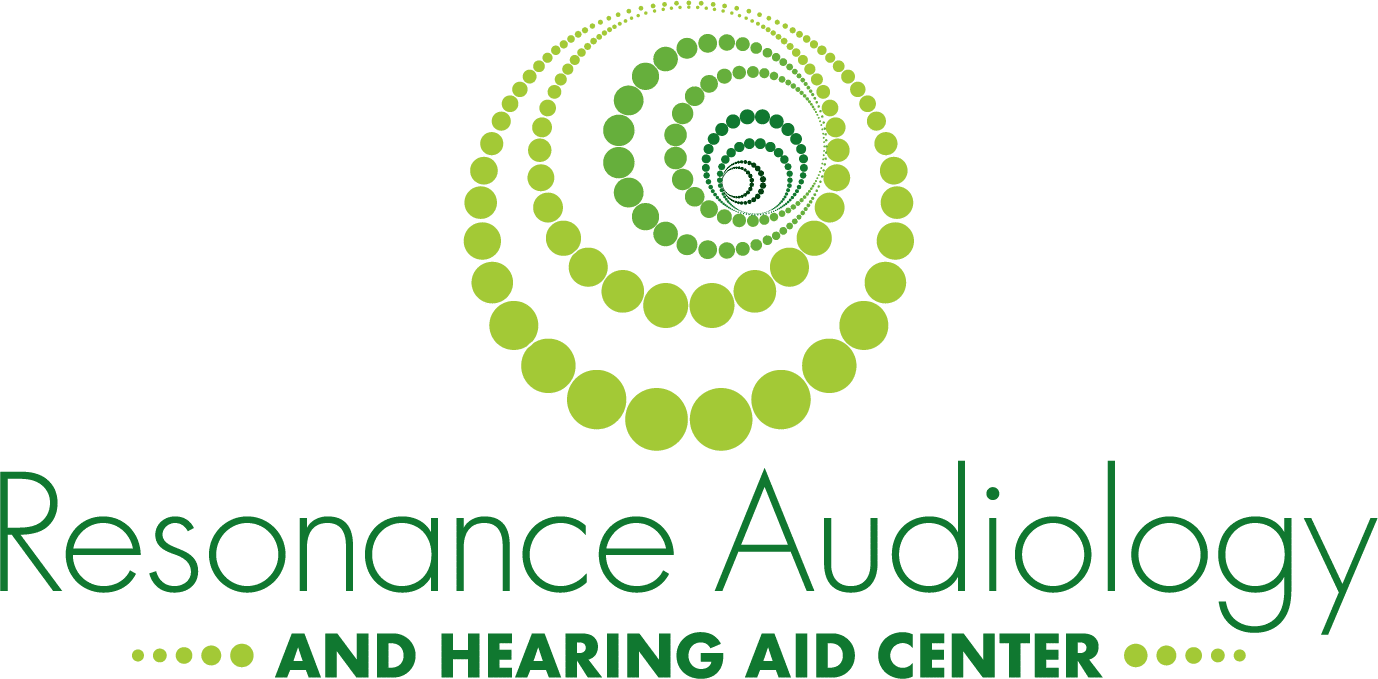10 Ways To Protect Your Hearing
Many of us may take our hearing for granted from time to time. The fact of the matter is that 430 million people across the globe suffer from some degree of hearing loss. Some studies show that this number may increase to 700 million people in the coming decades.
If you suffer from hearing loss of any degree, you should see a hearing doctor as soon as possible. Working with an experienced audiologist can help determine what level of hearing loss you are experiencing and what your options are moving forward.

If you live in Lancaster, PA or the surrounding area, Resonance Audiology can help you determine what may be happening to your hearing.
That said, there are several things that you can do to help protect your hearing. While this is not an exhaustive list, these ten tips can help you protect your hearing so you are not counted among these statistics in the future. How many of these things do you do regularly?
- Lower The Volume
Many of us love listening to music or watching TV almost every day. In some cases, you may use headphones to listen to your favorite songs or watch an episode of a show you need to catch up on.
Unfortunately, many people who use headphones have the volume too high. Turning down the volume on your headphones can help protect your hearing. A good rule of thumb is to ask someone next to you whether or not they can hear what is being played in your headphones. If they can, it may be time to lower the volume.
- Use Earplugs
Earplugs are one of the most effective ways to protect your hearing. Earplugs can reduce noise by anywhere between fifteen and thirty-five decibels. Whether it is at work, a concert, or anywhere you will be exposed to loud noise for a prolonged period, make sure to wear earplugs.
- Protect Your Ears From Water Or Moisture
If your ears are exposed to water for an extended amount of time, it could potentially lead to an ear infection. Moisture in your ear can help bacteria get into your ear canal and cause damage.
Make sure to thoroughly dry your ears with a towel after exposing your ear to water when swimming, showering, etc.
- Know Your Medicine
It may be hard to believe, but certain medications can cause hearing loss. Even medicines like ibuprofen or aspirin can eventually lead to hearing loss when taken regularly.
It may be a good idea to consult with an audiologist before starting a medication to see if it may be ototoxic. Check out our blog from last year about medications that may affect hearing.
- Take A Break
Constant exposure to noise for long stretches of time can eventually lead to hearing loss. Riding a motorcycle, using loud equipment, or even listening to music constantly can affect your hearing.
When you’re in a constantly noisy area, make sure to take breaks as often as possible. Generally speaking, you should limit yourself to about 60 minutes of loud noise.
- Do Not Use Cotton Swabs
It may come as a shock, but using cotton swabs is NOT a good way to clean your ears. Inserting cotton swabs (or anything) into your ear can cause damage to your ear canal.
Many people use cotton swabs to remove the excess build-up of earwax. In most cases, cotton swabs end up pushing wax further into the ear canal. If you have excess wax, discuss this with a hearing doctor to see what they recommend.
- Consider Quitting Smoking
Smoking can indirectly impact your hearing! Smoking has been shown to lead to heart disease and other health complications. Statistics show that there is a direct correlation between people who are smokers, even casual ones, and hearing loss.
- Live A Healthy Lifestyle
Keeping yourself healthy can help safeguard your hearing as well. Exercising regularly, drinking water, and eating healthy are integral parts of maintaining good hearing. These steps will prolong your life and reduce the chance of hearing loss.
- Reduce Stress When Possible
We know that this may be easier said than done, but managing your stress can impact your hearing.
Stress can increase pressure on your nerves and nervous system and decrease blood flow to your ears. Stress has also been linked to temporary and permanent Tinnitus, leading to constant ringing in your ear. Exercise, meditation, and even a hot bath can help reduce stress.
- See A Hearing Doctor If You Experience ANY Signs Of Hearing Loss
Some individuals may experience hearing loss and not even know it. If you happen to experience any signs of hearing loss, seek the aid of an experienced audiologist to help diagnose you properly and let you know if you need care.
Resonance Audiology, located in Lancaster, PA, has helped many patients determine what level of hearing loss they are experiencing. Our team can help you prevent it from getting worse and teach you how to manage your life with this new obstacle. Healthy ears and good hearing are part of your healthcare, just like anything else! Come see us today for all things hearing-related!
